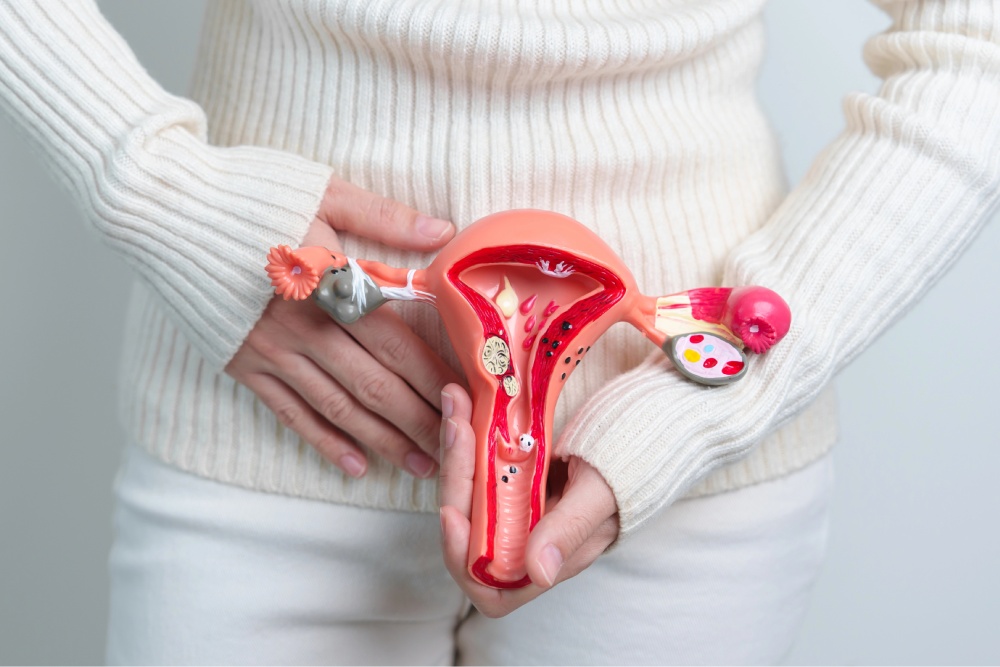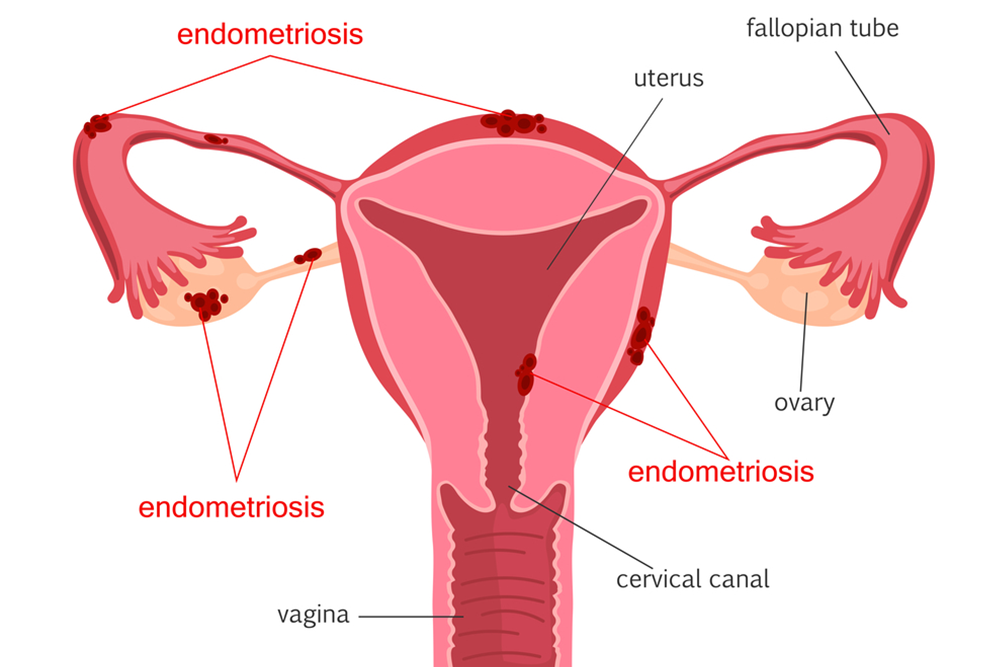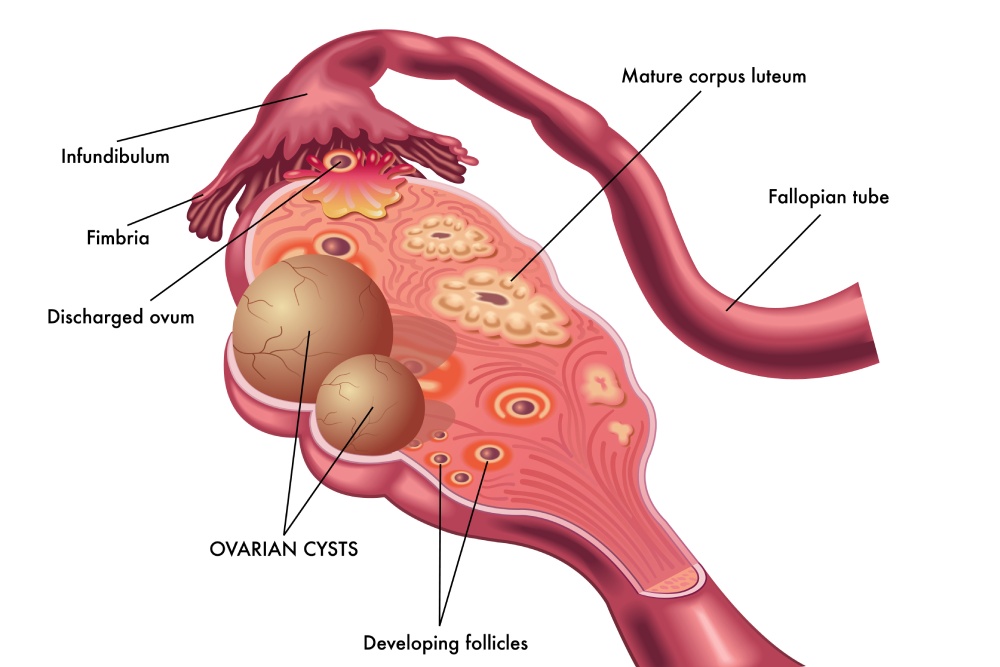
Surgical Solutions: Exploring Hysterectomy As A PCOS Treatment
Polycystic Ovary Syndrome affects millions of women worldwide, often bringing challenges like irregular periods, hormonal...
Read MoreMillions of women worldwide are affected by a chronic condition known as endometriosis. It occurs when tissue similar to the lining of the uterus, called the endometrium, grows outside the uterine cavity. This leads to painful periods, excessive menstrual bleeding, and, in some cases, fertility issues.
Endometriosis can significantly impact a woman's daily life, making it challenging to participate in routine activities due to the pain and discomfort associated with the condition. While several treatments are available, ablation for endometriosis has emerged as an effective method to alleviate symptoms for many women.

Endometrial ablation is a medical procedure aimed at reducing or eliminating the uterine lining to alleviate heavy menstrual bleeding and associated pain.
This procedure involves the destruction of the endometrium using various techniques, such as thermal energy, radiofrequency, or cryotherapy. Unlike more extensive surgical options like a hysterectomy, ablation is minimally invasive and is typically performed as an outpatient procedure.
The primary goal of endometrial ablation is to reduce menstrual flow, but in some cases, it can stop menstruation altogether. For women suffering from endometriosis, this procedure offers a viable solution to the painful symptoms they experience each month.
Endometrial ablation can significantly relieve women with endometriosis by addressing one of the most distressing symptoms: heavy menstrual bleeding. Many women find that their periods become much lighter or stop altogether after the procedure.
Reduced bleeding is often accompanied by decreased pain, allowing women to experience a higher quality of life and resume activities that they might have previously avoided due to discomfort.
Additionally, the procedure can also help alleviate pelvic pain and reduce the overall impact of endometriosis on daily life, making it a compelling option for those who have not found relief with other treatments.
One of the most significant benefits of endometrial ablation is its ability to provide rapid relief from heavy bleeding and menstrual pain. Studies have shown that many women report satisfaction with the procedure results, often experiencing a marked improvement in their symptoms.
The recovery time for ablation is typically shorter than that for more invasive surgeries, allowing women to return to their normal routines quickly. Additionally, endometrial ablation is often less expensive than other surgical options, making it an accessible choice for many patients.
For women who are not planning to conceive in the future, ablation offers a way to manage their endometriosis symptoms effectively.
While endometrial ablation can be an excellent option for many women, it is not suitable for everyone. Women who wish to have children in the future should discuss alternative treatments with their healthcare provider, as ablation can affect fertility and increase the risks of complications in future pregnancies.
Additionally, patients must thoroughly understand the potential risks associated with the procedure, such as infection or damage to surrounding organs. Consulting with a gynecologist specialist is crucial in determining whether endometrial ablation is the right choice for managing endometriosis symptoms.
Endometrial ablation carries some risks, as with any medical procedure. Potential complications include infection, bleeding, and injury to surrounding pelvic organs.
Additionally, while many women experience long-lasting relief from their symptoms, the endometrium can regenerate over time, leading to the return of heavy bleeding and pain.
Studies indicate a failure rate of up to 26% within eight years post-procedure, particularly in younger women whose endometrial lining may regenerate more quickly.
Patients should maintain regular follow-up appointments with their healthcare provider to monitor their condition and explore further treatment options.
For women who are not ideal candidates for endometrial ablation or prefer to explore other treatment options, there are alternatives available. Hormonal therapies can help manage symptoms by regulating menstrual cycles and reducing the growth of endometrial tissue outside the uterus.
Medications, including nonsteroidal anti-inflammatory drugs (NSAIDs), can also be effective in managing pain associated with endometriosis. In some cases, more extensive surgical interventions, such as laparoscopy or hysterectomy, may be recommended to remove endometrial lesions or the uterus itself.
Each treatment option comes with its own set of benefits and considerations, and patients need to work closely with their healthcare provider to develop a personalized treatment plan.
Choosing the right treatment for endometriosis is a deeply personal decision that should be made with the guidance of a knowledgeable healthcare provider.
Understanding each option's potential benefits and risks is crucial in making an informed decision that aligns with the patient's health needs and lifestyle. Endometrial ablation can be a transformative procedure for many women, offering relief from debilitating symptoms and enhancing their quality of life.
However, it is vital to consider all factors and discuss any concerns with a healthcare professional before proceeding with the treatment.
At The Women's Center, we understand that every woman's experience with endometriosis is unique, and we are committed to providing personalized care tailored to your needs.
Our experienced healthcare professionals are dedicated to helping you navigate the complexities of managing endometriosis and exploring the best treatment options available.
If you are considering endometrial ablation or wish to learn more about your options, we invite you to schedule a consultation with our team.
Together, we can develop a comprehensive care plan that empowers you to live confidently and comfortably.




Polycystic Ovary Syndrome affects millions of women worldwide, often bringing challenges like irregular periods, hormonal...
Read More
Ovarian cysts after menopause may seem uncommon, but they can still develop even when the...
Read More
Uterine fibroids are one of the most common benign growths affecting women. By age 50,...
Read More